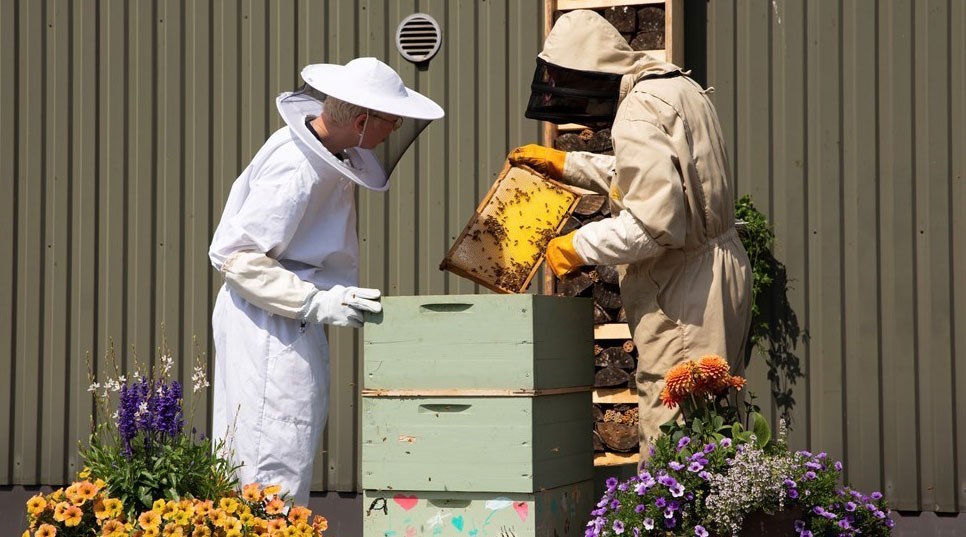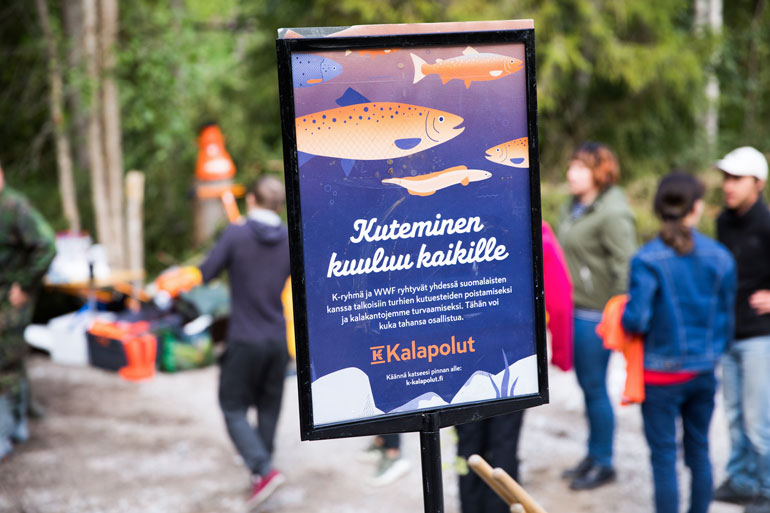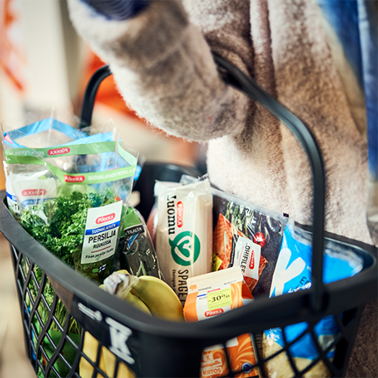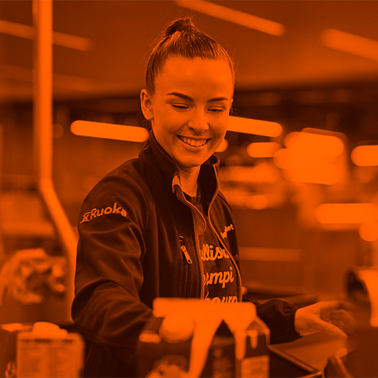Finland is lagging behind in its achievement of the EU’s targets to reduce the use of plastic carrier bags and for recycling plastic. New measures are needed and both businesses and customers must be involved. Customers are being encouraged to reduce...

Kesko is enhancing its biodiversity work – pilot project of FIBS and Sitra provided insight for setting nature targets

In 2022, Kesko participated in a pilot project of the FIBS corporate responsibility network and Sitra. During the pilot, companies tested the new guidelines of the Science Based Targets Network (SBTN) that are under development to set their own science-based nature targets.
“It is important that we develop a common international framework and indicators for biodiversity, as is the case with emissions, to enable comparable targets and reporting,” says Riikka Joukio, EVP Sustainability and Public Affairs at Kesko.
Kesko’s target is to create a roadmap for biodiversity this year and to set specific targets in each division for their own operations and supply chains.
“Assessing the impact on nature and setting science-based nature targets are an essential part of this work,” Joukio says.
Climate and nature as focus areas of the sustainability strategy
Alongside climate change, loss of biodiversity has become a significant global threat. Mitigating biodiversity loss and climate change call for largely similar measures: our lifestyles must become more sustainable.
Climate, nature and sustainable supply chains are key areas in Kesko’s sustainability strategy.
“Our goal is to prevent loss of biodiversity in our own operations and our value chain. We believe it is necessary to steer our global sourcing in an even more sustainable direction,” Joukio says.
Raw materials critical to biodiversity in K Group’s supply chain include fish and shellfish, timber, palm oil, soy, cocoa, coffee, tea and cotton. The sustainable sourcing of these raw materials is guided by Kesko’s sustainability policies.
Kesko has previously also investigated the water risks related to the sourcing of avocados and directs its avocado purchases to areas with the least water risk.
K Group has an extensive store network, and new stores and warehouses are being built all the time. Minimising the impact of store site projects on the climate and nature is an important starting point for us.
“The new logistics centre to be built in Hyvinkää for Onninen and K-Auto serves as a good example of such a project. We take the nature values of the surrounding environment into account at both the planning and construction phases. Our goal is that by the time the logistics centre is completed, the impact on the area’s biodiversity during construction will have been offset,” Joukio says.
Community events for flowering meadows and migratory fish
Both Kesko and the retailers carry out concrete measures in their own operations to promote biodiversity.
Over the period 2017–2021, K Group carried out extensive collaboration through the K Fishpaths project with the environmental organisation WWF Finland to save endangered migratory fish populations. During the collaboration nearly 30 barriers to migratory fish spawning grounds were removed and 300 new gravel beds for spawning were created together with local operators, land and waterway owners, local K-retailers and volunteers.

Retailers are also promoting biodiversity through beekeeping. Bees living in beehives placed on a store’s roof or at the edge of a nearby field play an important role in pollinating plants in the surrounding area. The honey collected from the beehives is then sold by the store where it is produced.
In spring 2022, flowering meadow plants endemic to Finland were planted with the help of volunteers in the grounds of K-Citymarket Lohja in place of rugosa rose bushes, which had been removed earlier due to them being an invasive species. This meadow will promote biodiversity and attract pollinating insects to the area.
 YES
YES
 NO
NO












